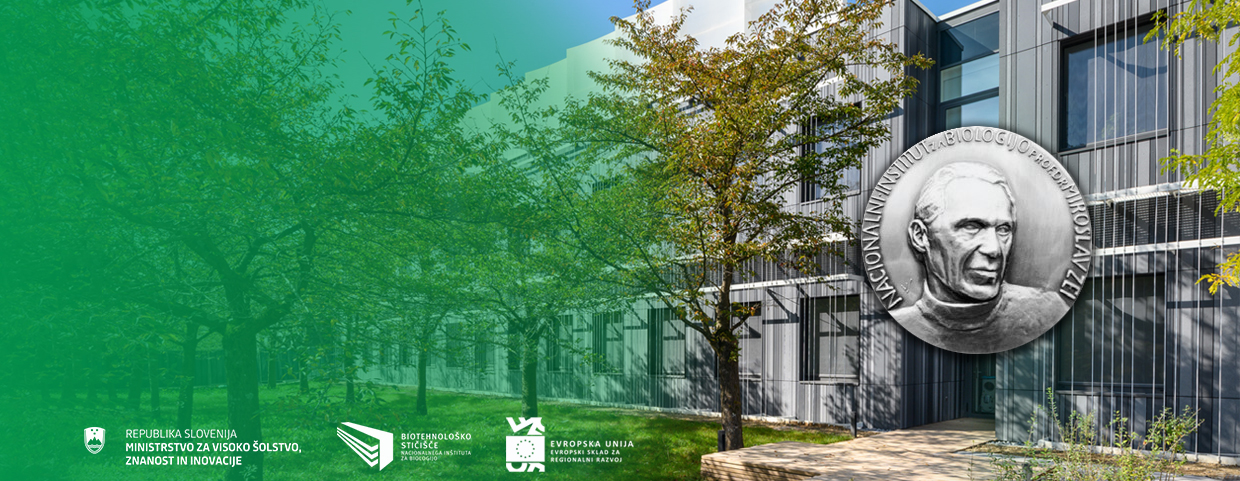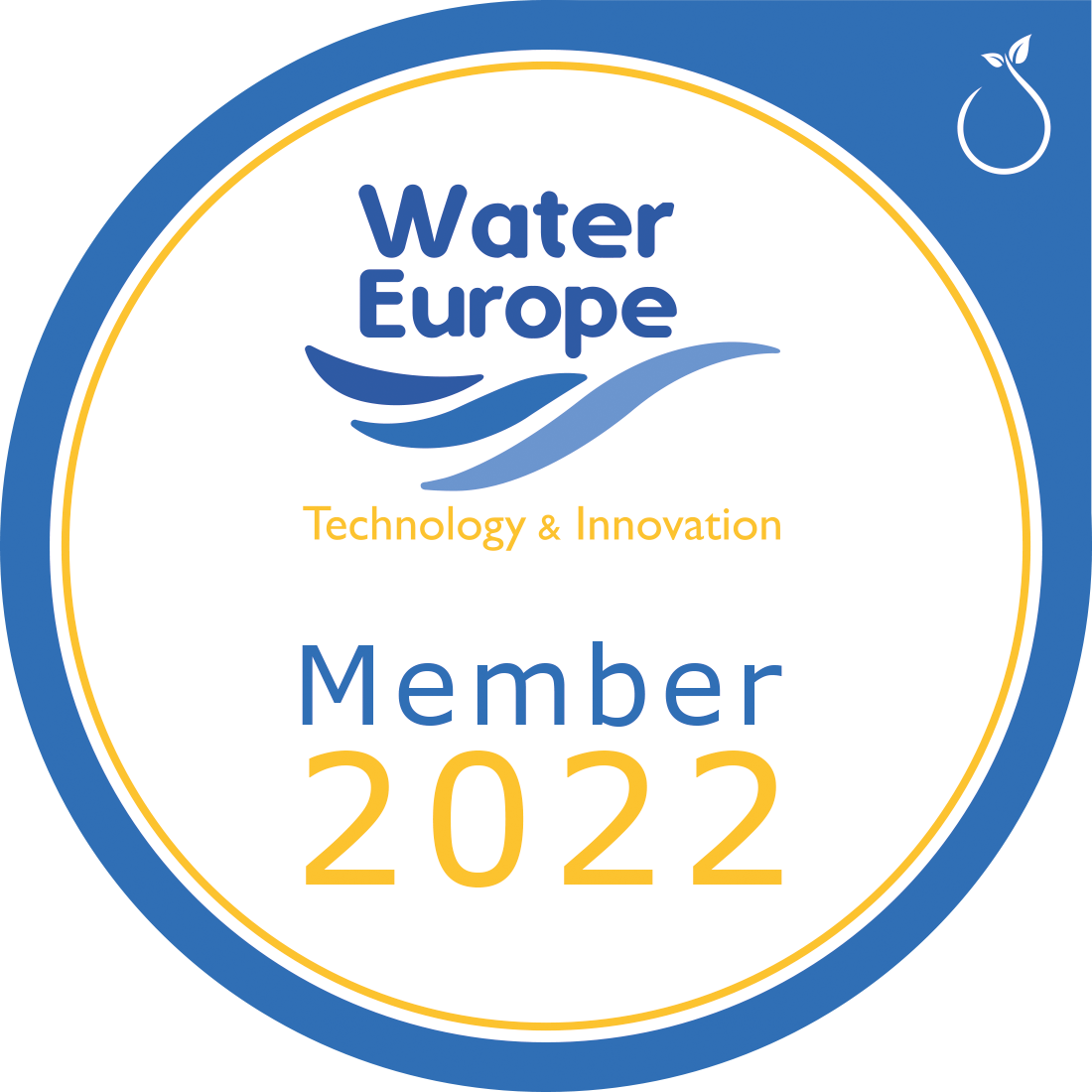07
Dec
Invitation to the lecture by Marga van Gent-Pelzer: "Detection and genotyping using real-time PCR: examples of Synchytrium endobioticum, Phytophthora infestans and Fusarium"
National institute of biology and BioSistemika Ltd. are inviting you to attend the lecture by Marga van Gent-Pelzer: "Detection and genotyping using real-time PCR: examples of Synchytrium endobioticum, Phytophthora infestans and Fusarium" organised in the frame of qPCR Experience workshop: qPCR in Plant pathology: diagnostics and research. The Lecture will take place on Friday, December 7th, 2012 at 10:30am in M hotel, Derčeva 4, Ljubljana.

National institute of biology and BioSistemika Ltd. are inviting you to attend lectures organised in the frame of qPCR Experience workshop: qPCR in Plant pathology: diagnostics and research.
Lectures will take place on Friday, December the 7th, 2012 in M hotel, Derčeva 4, Ljubljana.
Lectures will be in English and will be open for public.
at 10:30 AM
“Detection and genotyping using real-time PCR: examples of Synchytrium endobioticum, Phytophthora infestans and Fusarium”
by Marga van Gent-Pelzer,the assistant director of EPPO/OEPP (European and Mediterranean Plant Protection Organization).
A word from the lecturer:
Many different TaqMan PCR tests are developed in our laboratory. They can for instance be used to support crop protection management or research with respect to plant-pathogen interactions. This will be illustrated by showing development and application of TaqMan assays for detection of Synchytrium endobioticum, Phytophthora infestans and Fusarium. Factors influencing the efficiency of the TaqMan test will be discussed, ways to optimize the tests, advantages and disadvantages, as well as suitable applications in practice.
About lecturer:
Mrs van Gent studied at the University of Applied Sciences, department Biotechnology in Oss, The Netherlands. She began her carrier as a research assistant of the Laboratory of Monoclonal Antibodies in Wageningen, where she was involved in serological detection of plant parasitic nematodes. In 1995 she was employed at the Research Institute for Plant protection (IPO-DLO) in Wageningen, where she worked on detection of fungi in soil, water and plant material. Her activities included DNA extraction, (nested)-PCR, PCR-ELISA, real-time PCR using TaqMan and Molecular Beacons. Since 2001 she works in the Molecular Phytopathology team of the Business Unit Bio-interactions and Plant Health of PRI on identification and detection of plant pathogens in plant material, soil, water and air using (multiplex) real-time PCR as well as DGGE and SSR. She is also responsible for the management of the molecular laboratories in the Business Unit.
Kindly invited!















